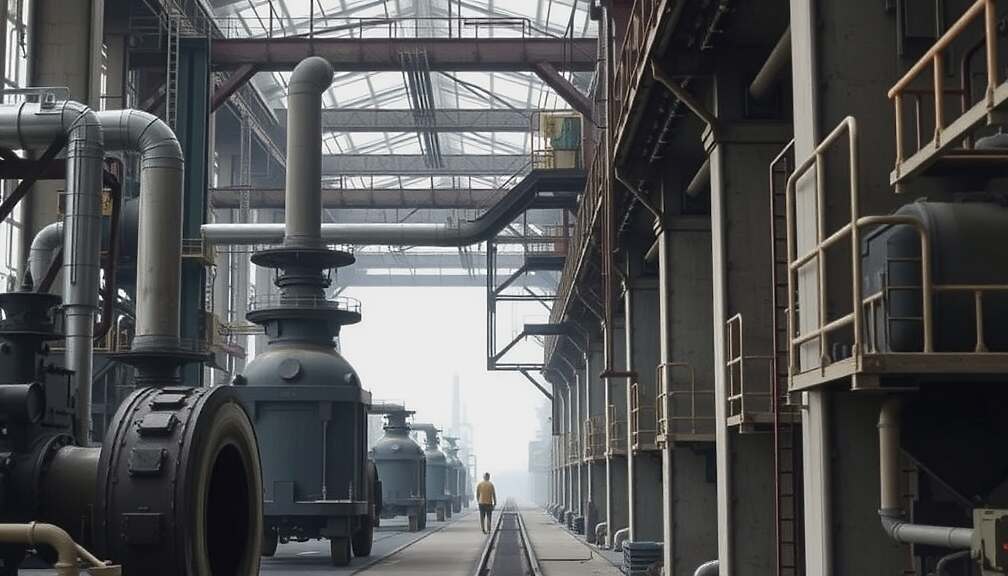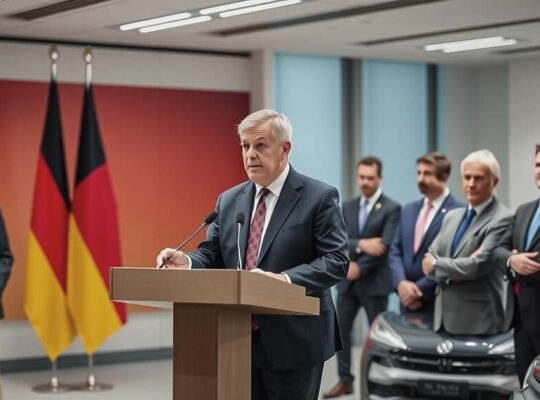The German government reaffirmed its commitment to safeguarding the nation’s steel industry and the hundreds of thousands of jobs reliant upon it, ahead of a crucial industry summit. Labour Minister Bärbel Bas (SPD) emphasized the sector’s foundational role in Germany’s industrial landscape, declaring that a viable future for steel production within the country is paramount.
Addressing concerns over global competition and rising energy costs, Bas highlighted the stakes involved – not just for the 115,000 direct employees, but for the families and entire regional economies intertwined with the steel sector. The government, she stated, stands firmly alongside businesses and their workforce in navigating these challenges.
However, the Minister’s declaration, while reassuring, has drawn scrutiny regarding the concrete measures planned to achieve this ambition. While promises of fair competition, protection from subsidized imports and affordable energy were made, critics point to a lack of specific proposals to address the underlying issues. The reliance on vague terms like “strong co-determination” and “courageous investment” from companies raises questions about the government’s willingness to intervene decisively.
The upcoming summit is expected to deliver a unified declaration, but some observers suggest a more detailed and actionable plan is needed to ensure the long-term viability of the industry, particularly in a context of increased geopolitical instability and the accelerating transition to climate neutrality. Balancing competitiveness with environmental sustainability and shielding domestic producers from predatory international practices represents a complex challenge and the government’s ability to chart a workable course remains to be seen. The reliance on cooperation, while presented as a strength, also opens the door to potential deadlock should companies resist necessary, but potentially costly, transformations.












